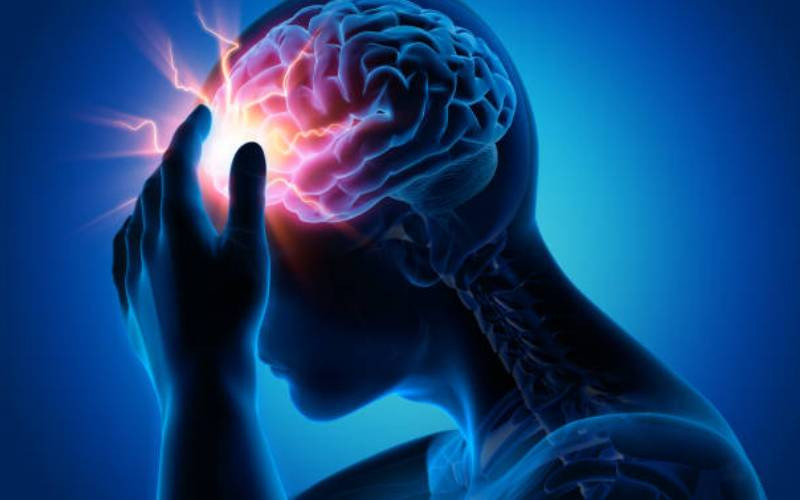
They strike nearly one in five women worldwide, one in 16 men and one in 11 children, according to the Migraine Trust organisation.
One out of four households has at least one member with migraine, and so far, being a neurological disease, there lacks a cure for migraines, only management.
The causes are not well known, but recent research from Harvard University found a link between recurring headaches and traumatic childhood. The team found that people who dealt with traumatic events as kids may be more likely to experience migraines as adults.
The research from Harvard University, however, emphasised their work does not prove that childhood trauma causes headaches as an adult, but it does show an association.
"Traumatic events in childhood can have serious health implications later in life," says study author Catherine Kreatsoulas, PhD, from the Harvard T.H. Chan School of Public Health, in a media release.
"Our meta-analysis confirms that childhood traumatic events are important risk factors for headache disorders in adulthood, including migraine, tension headaches, cluster headaches, and chronic or severe headaches. This is a risk factor that we cannot ignore," Kreatsoulas says.
This analysis included 28 prior studies featuring 154,739 participants in 19 countries.
Among all of these people, 48,625 (3 in 10) reported at least one traumatic childhood event, and 24,956 people (2 in 10) were diagnosed with primary headaches.
- Risks of dismissing back pain during pregnancy
- Study shows bhang can heal but poses health risks
Keep Reading
Among those who reported at least one traumatic childhood event, 26 per cent were diagnosed with a primary headache disorder. One in 10 of those with no childhood traumas were diagnosed with the same condition.
Study authors uncovered that people who had dealt with one or more traumatic childhood events were 48 per cent more likely to have a headache disorder than those who hadn't experienced such events.
Additionally, researchers found that as the number of traumatic childhood events increased, the odds of having headaches also increased.
When compared to those who hadn't dealt with childhood trauma, patients who did were 24 per cent more likely to have a headache disorder. Conversely, those who experienced four or more types of traumatic events were more than twice as likely to have a headache disorder.
The study also assessed the association between types of traumatic childhood events, categorised as threat traumas included physical abuse, sexual abuse, emotional abuse, witnessing threats of violence, and serious family conflicts. Deprivation traumas included neglect, economic adversities, absentee parents, parental death, living in a household with mental illness, chronic disability or disease and alcohol or substance abuse.
Threat traumas displayed a connection to a 46 per cent uptick in headaches. Meanwhile, deprivation traumas were associated with a 35 per cent increase in headaches.
Notably, experiencing either physical or sexual abuse was linked to a 60 per cent higher chance of headaches, and dealing with childhood neglect was associated with a nearly three-fold increased risk of headache disorders.
The study is published in the journal Neurology.
 The Standard Group Plc is a multi-media organization with investments in media
platforms spanning newspaper print
operations, television, radio broadcasting, digital and online services. The
Standard Group is recognized as a
leading multi-media house in Kenya with a key influence in matters of national
and international interest.
The Standard Group Plc is a multi-media organization with investments in media
platforms spanning newspaper print
operations, television, radio broadcasting, digital and online services. The
Standard Group is recognized as a
leading multi-media house in Kenya with a key influence in matters of national
and international interest.











